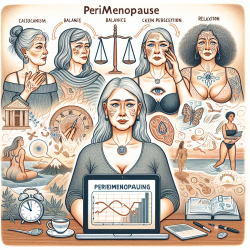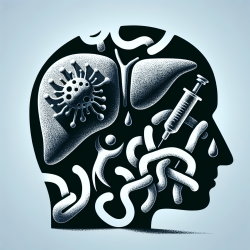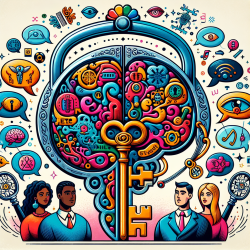As a speech-language pathologist committed to creating positive outcomes for children, staying informed about effective, evidence-based interventions is crucial. One such promising intervention is yoga, which has shown significant benefits for children and adolescents diagnosed with psychiatric disorders. The recent scoping review titled Effect of Yoga among Children and Adolescents Diagnosed with Psychiatric Disorders: A Scoping Review offers valuable insights into how yoga can be integrated into therapeutic practices.
The Power of Yoga: Key Findings
The review analyzed 11 randomized controlled trials (RCTs) conducted between 2004 and 2023, focusing on children and adolescents aged 3 to 18 years. These studies spanned various countries, including the United States, Canada, Iran, India, and Australia. The findings reveal yoga's effectiveness in addressing symptoms of:
- Anxiety
- Depression
- Attention-Deficit/Hyperactivity Disorder (ADHD)
- Autism
- Learning Disabilities
Implementing Yoga in Therapeutic Practice
Based on the review, here are some practical ways to incorporate yoga into your therapeutic sessions:
1. Structured Yoga Sessions
Implement weekly yoga sessions lasting between 20 and 70 minutes, over a period of 6 to 15 weeks. These sessions can include:
- Yoga Asanas (postures)
- Breathing Exercises
- Relaxation Techniques
2. Group Settings
Conducting yoga sessions in group settings can foster a sense of community and support among participants, enhancing the therapeutic experience.
3. Multimodal Approaches
Combine yoga with other interventions such as play therapy and mindfulness to address various aspects of the child's well-being. This holistic approach can lead to more sustained improvements.
Encouraging Further Research
While the review highlights the benefits of yoga, it also points out the need for further research. Practitioners are encouraged to:
- Conduct larger-scale studies with more diverse populations
- Explore the long-term effects of yoga interventions
- Investigate the specific components of yoga that contribute most to therapeutic outcomes
By contributing to the growing body of research, we can continue to refine and optimize yoga interventions for children with psychiatric disorders.
Conclusion
Yoga offers a promising, non-pharmacological intervention for children and adolescents with psychiatric disorders. By integrating yoga into therapeutic practices, practitioners can help young minds achieve better mental health and overall well-being.
To read the original research paper, please follow this link: Effect of Yoga among Children and Adolescents Diagnosed with Psychiatric Disorders: A Scoping Review










